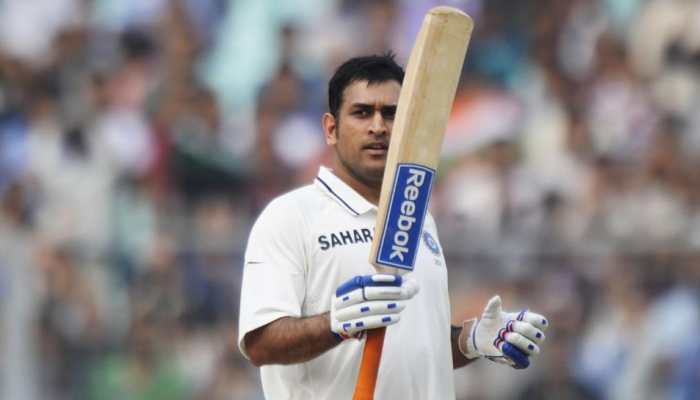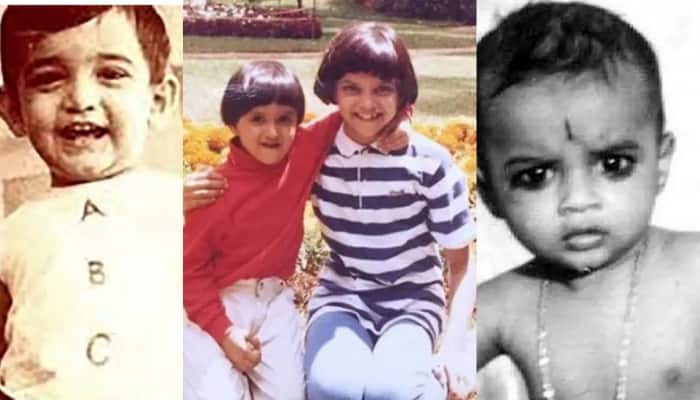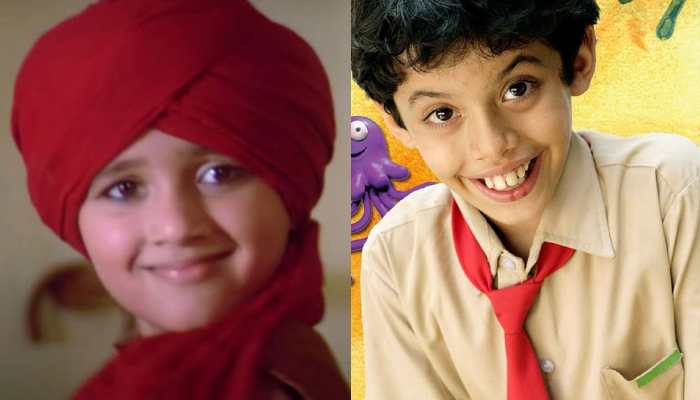Ceasefire violations result of Pakistan Army-Nawaz Sharif rivalry: Parthasarthy
Trending Photos
)
Unveiling its tough side, the Narendra Modi government recently called off the scheduled foreign secretary-level talks with Pakistan and faced criticism from several quarters, with Congress dismissing Centre's stand as mere "theatrics" that sent "confusing" signals vis-a-vis New Delhi's policy in dealing with Islamabad.
After the 'bold' decision of cancelling talks, many are asking what would be NDA government's next step in dealing with Pakistan, which is violating the ceasefire along the Line of Control on a daily basis.
G Parthasarthy, India’s former High Commissioner to Pakistan and an authority on foreign affairs, shared his views with Biplob Ghosal of Zeenews.com on the Indo-Pak relations and the recent developments in Pakistan.
Biplob: How do you view Narendra Modi government's decision of calling off talks with Islamabad after the Pakistan High Commissioner met Kashmiri separatist leaders?
Parthasarthy: After the attack on Indian Parliament in December 2001, the dialogue process with Pakistan was resumed only after the agreement on ceasefire across the Line of Control was announced in November 2003 and an assurance by then President Pervez Musharraf that "territory under Pakistan's control" would not be used for terrorism against India. This assurance is deliberately being flouted. Moreover, the decision of the Pakistan High Commissioner to meet Hurriyat leaders, just before talks, was unprecedented. It was a deliberate provocation after we (Indian government) told Prime Minister Nawaz Sharif that India would be opposed to his meeting with Hurriyat leaders during his visit to Delhi for Prime Minister Narendra Modi's swearing-in ceremony in May.
When the High Commissioner of Pakistan went ahead to meet the Hurriyat leaders after being specifically cautioned by the Indian Foreign Secretary against doing so, he was flouting the wishes of his host Government, for which we would have been justified in expelling him.
Recognising that Pakistan had no interest in constructive diplomacy, but only in supporting separatism, the Government of India quite justifiably called off the Foreign Secretary-level talks.
Biplob: Do you think any Pakistani establishment will sideline Hurriyat and hold talks with India? If not, what according to you should be New Delhi's parameters while dealing with Islamabad?
Parthasarthy: I do not think the Pakistani establishment will sideline the Hurriyat. They have both overt and covert contacts with the separatists who are useful to them in organising demonstrations, bandhs and strikes in the Kashmir Valley. The separatists also support Pakistani propaganda against India in Islamic Forums and in meetings worldwide. We should, however, make it clear that we will respond strongly if Pakistani officials seek to have contacts with the Hurriyat on Indian soil or elsewhere.
Biplob: What according to you has led to a steep rise in Pakistan's provocations of repeatedly violating the ceasefire?
Parthasarthy: There is a growing rivalry between the Army and Nawaz Sharif in Pakistan, with the former demanding a greater role in national affairs and particularly on relations with India and Afghanistan.
The Pakistan Army has weakened Nawaz Sharif by disobeying his orders and launching operations against the Tehriq-e-Taliban-e-Pakistan in the Pashtun tribal areas. It has also used Sharif's political opponents to discredit him. The breakdown in the ceasefire is a manifestation of the Army's determination to ensure that any move to normalise relations with India can proceed only on its terms.
Biplob: With DGMO talks failing to contain Pakistan's provocations along the LoC, what should be India's next course of action?
Parthasarthy: The DGMO talks will succeed only if India responds strongly to ceasefire violations across the Line of Control in Jammu and Kashmir.
Stay informed on all the latest news, real-time breaking news updates, and follow all the important headlines in india news and world News on Zee News.
Live Tv







)
)
)
)
)
)
)
)
)
)
